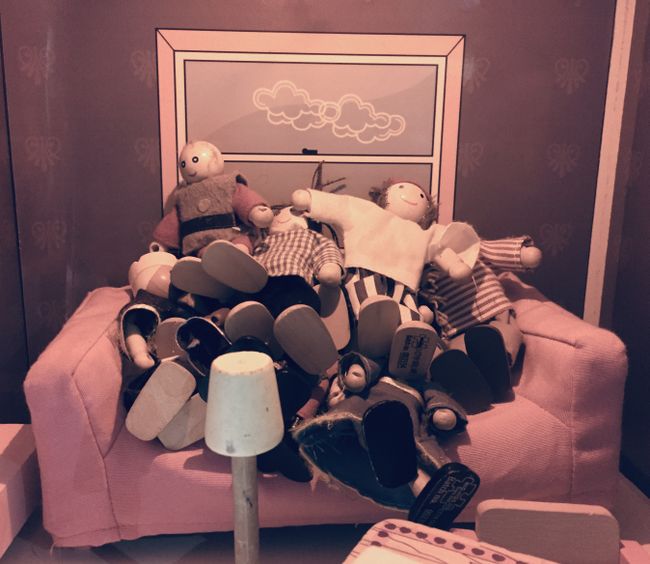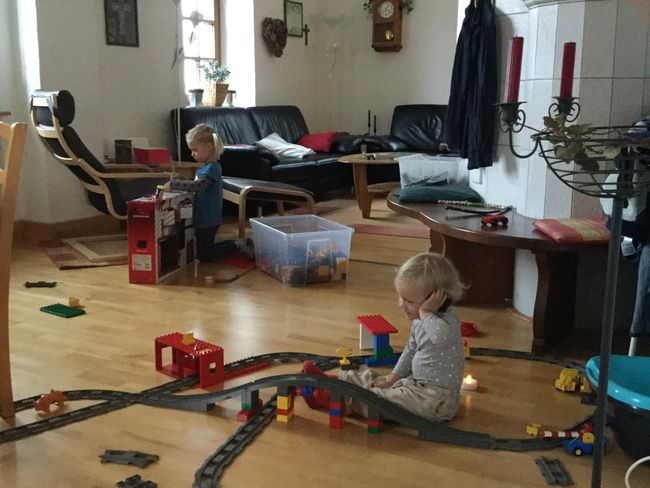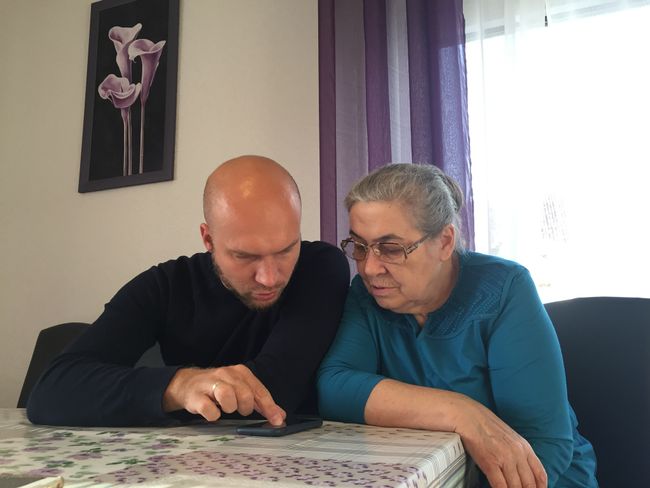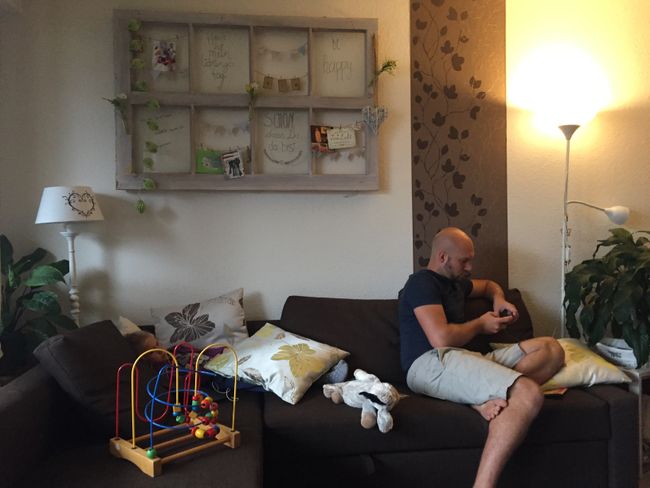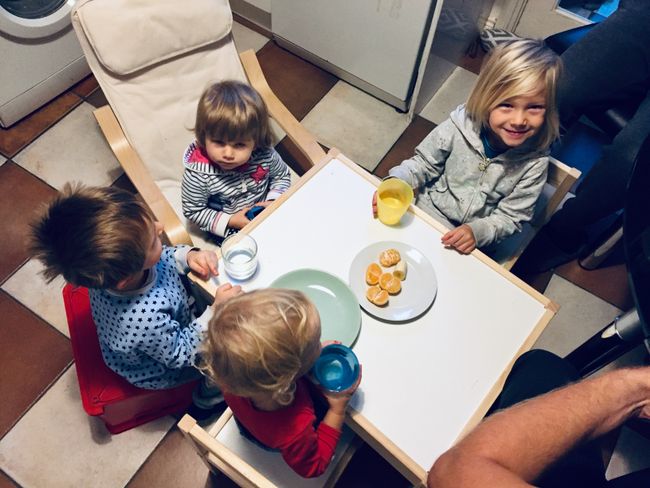Guests at friends'
Нийтэлсэн: 26.11.2019
Мэдээллийн товхимолд бүртгүүлнэ үү
It feels like it's been ages since we left the hot Dubai and are now traveling in Germany. Unlike our previous trip, we don't stand out: we're not tourists, we don't speak the language and know the area. But we don't live here either. We don't have a home where our couch is waiting for us. And our clothes hanging in the closet. We still have our backpacks and use other people's towels. Because we are guests. And that changes something in us.
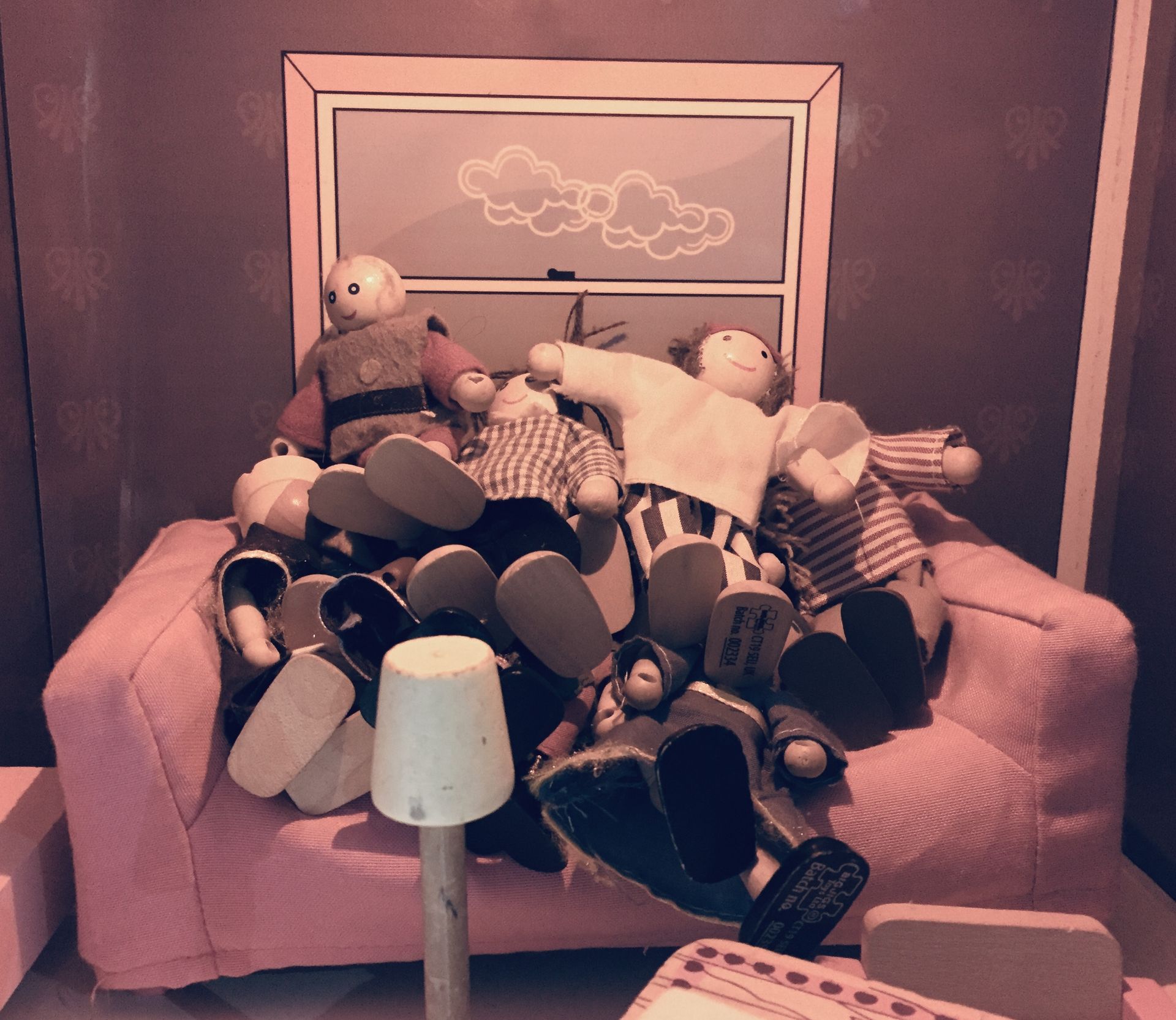
We always had our apartment in Valais open for family, friends and sometimes strangers. For us, it was a joy to open up the apartment to others and offer them a break from everyday life. We had the fridge fully stocked, canceled appointments and sometimes even laid out bed sheets 😅 before our guests arrived. We set aside time for others. Sometimes it was stressful when we wanted to offer something and the apartment had to be clean beforehand. In retrospect, these were always very intense and beautiful times when you get to know each other better and create memories that still feel so fresh today. We hope we were reasonably good hosts. Now we are on the other side, trying to be guests.
It's sometimes like being on a slackline. A rope that you can fall off on both sides. Thankfully not too far.
On the one hand, as guests, we want to express our gratitude and not just put our bare feet on the living room table like we would at home (which we would never do). Although it is customary for the host to mention that the guest should help themselves to the fridge, the visitor politely does not follow this instruction and obediently asks before taking a sip of milk. The relationship between guest and host is characterized by pitfalls, cultural norms, and formalities, and sometimes a sip of milk means a lot. But insensitive guests who actually behave as they would at home, where nobody is watching, are simply uncomfortable.
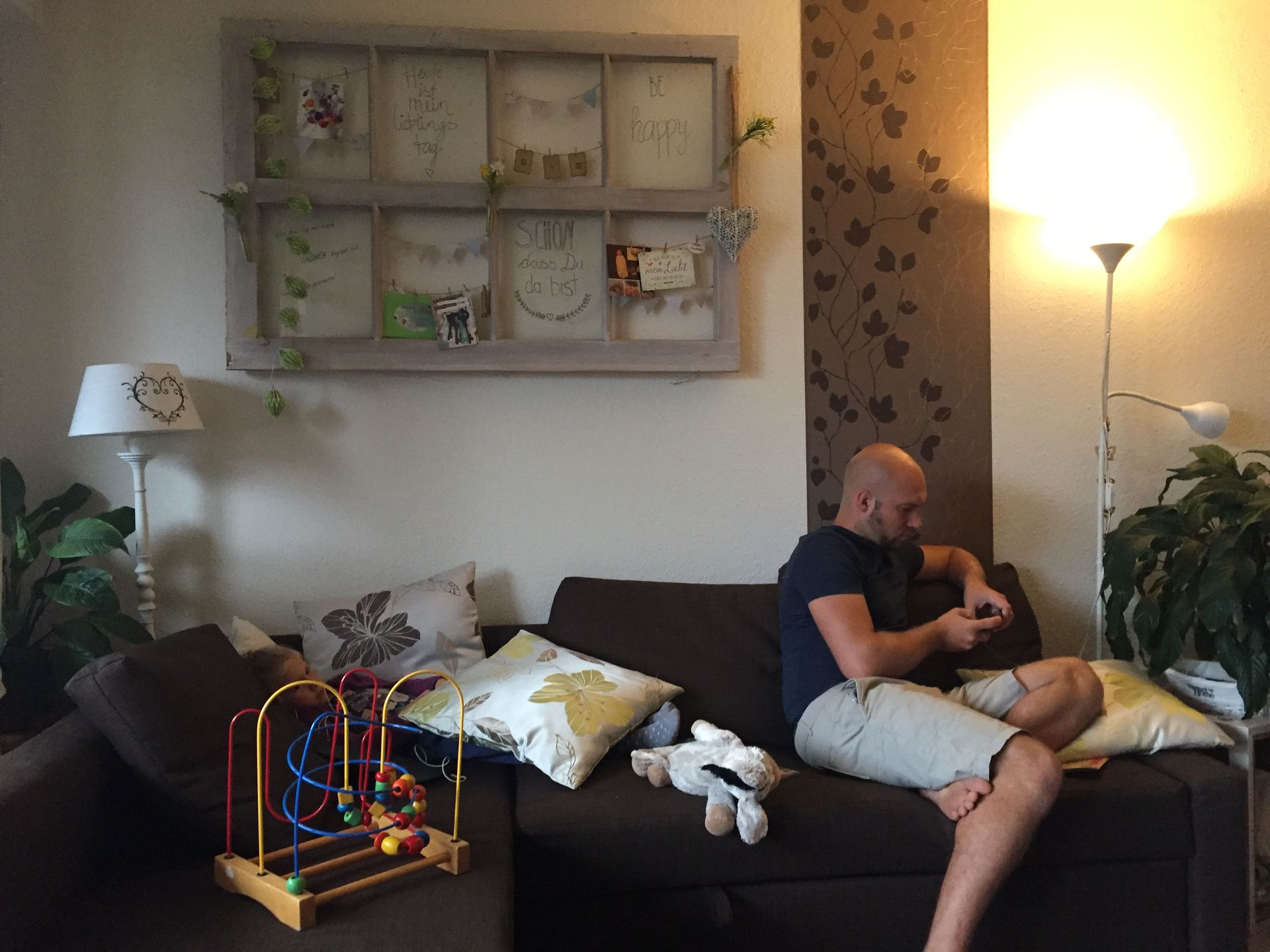
On the other hand, we don't want to be stiff guests. We've experienced it ourselves - there's nothing worse for the host than unskilled guests. People who are not used to accepting hospitality and constantly hold back. Who don't say that they still want a towel or that the internet isn't working. Or who avoid you to not disturb the privacy of the hosts. This behavior is not good for anyone - neither the visitor nor the homeowner, who just wants everyone to be happy.
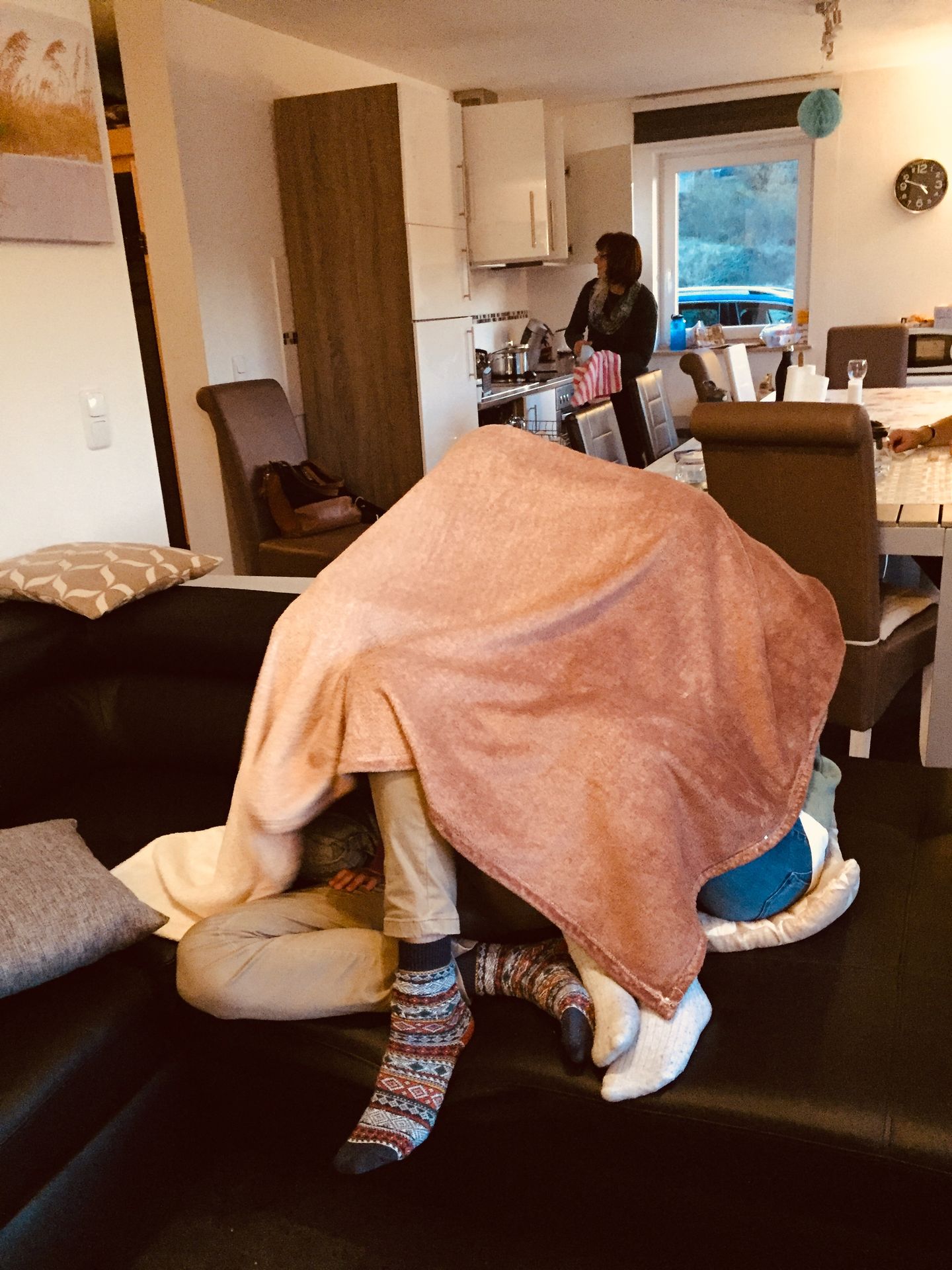
So how should one behave? How do you let your children play at someone else's house, how often do you sit together late at night, and when do you say that you're tired? Do you do the dishes, or does that hurt the feelings of the conscientious housewife? How do you deal with it when hosts argue, and what do you do when the child vomits in the middle of the night in a strange bed?
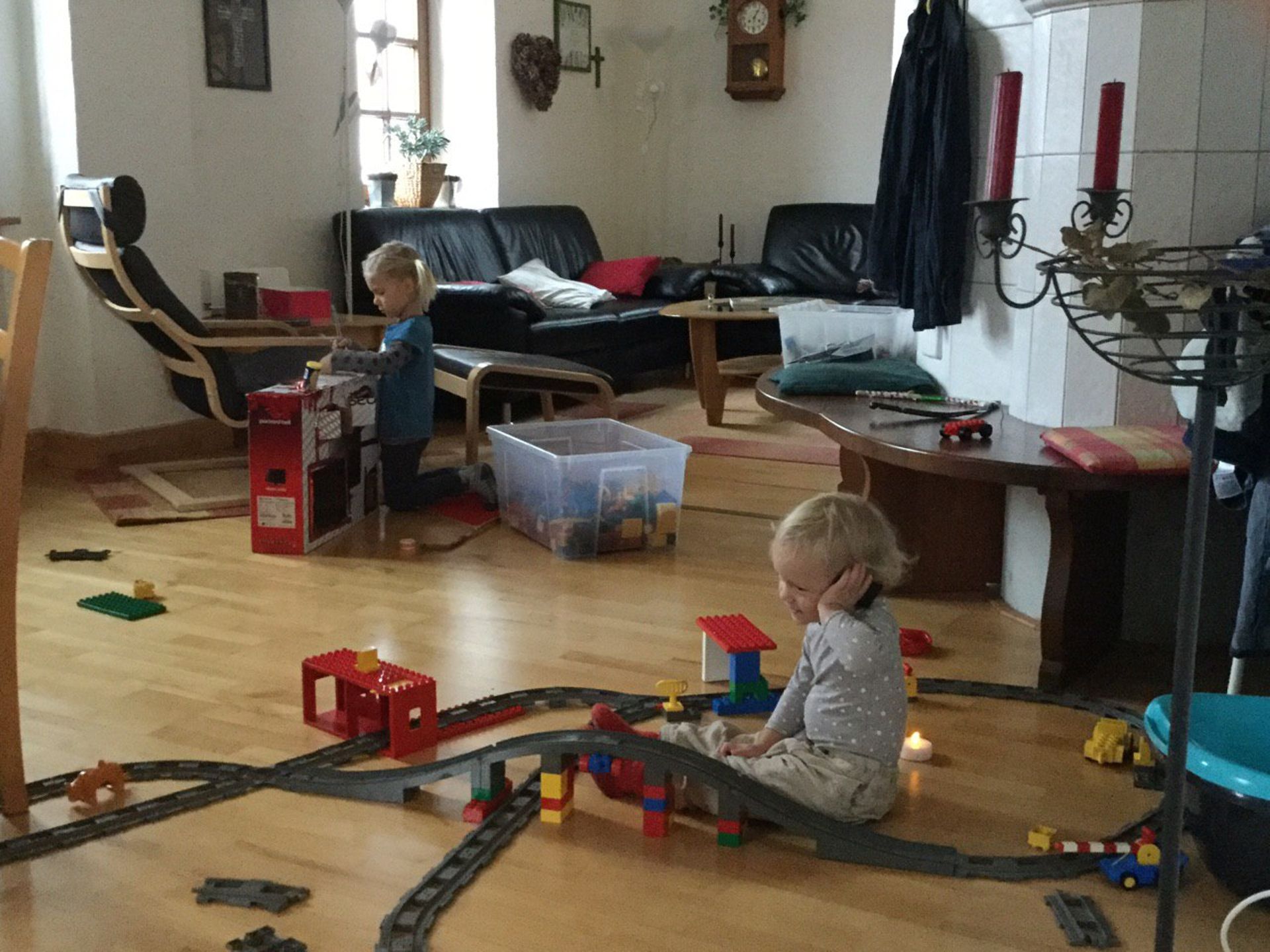
We've been practicing all of this in the past few weeks. We have stayed with strangers and friends. It was nice to be so close, and we are truly grateful that so many people are willing to open their homes for us. With some, we only stayed briefly, with others, we slept over, and with others, we were able to live with. We shared a piece of our journey with everyone and are thankful for that.
 axions>
axions>All these changes, this sometimes involuntary closeness, require 3 important qualities from both sides:
Bravery.
Trust.
Adaptability.
It takes a lot of bravery to let someone into your home. And also to simply become a guest. When you are in someone else's home, you see a lot - even things that you would rather hide.
But it also takes trust. Maybe our naive and positive approach helps us there. We try to think the best of people (well, maybe that sounds too high-minded) and also assume that they will treat us well. With this attitude, it's easy to approach others openly and move naturally and fearlessly outside of our comfort zone. "It will be fine" (as they say in Switzerland) and that means having trust in the unfamiliar, new situation.
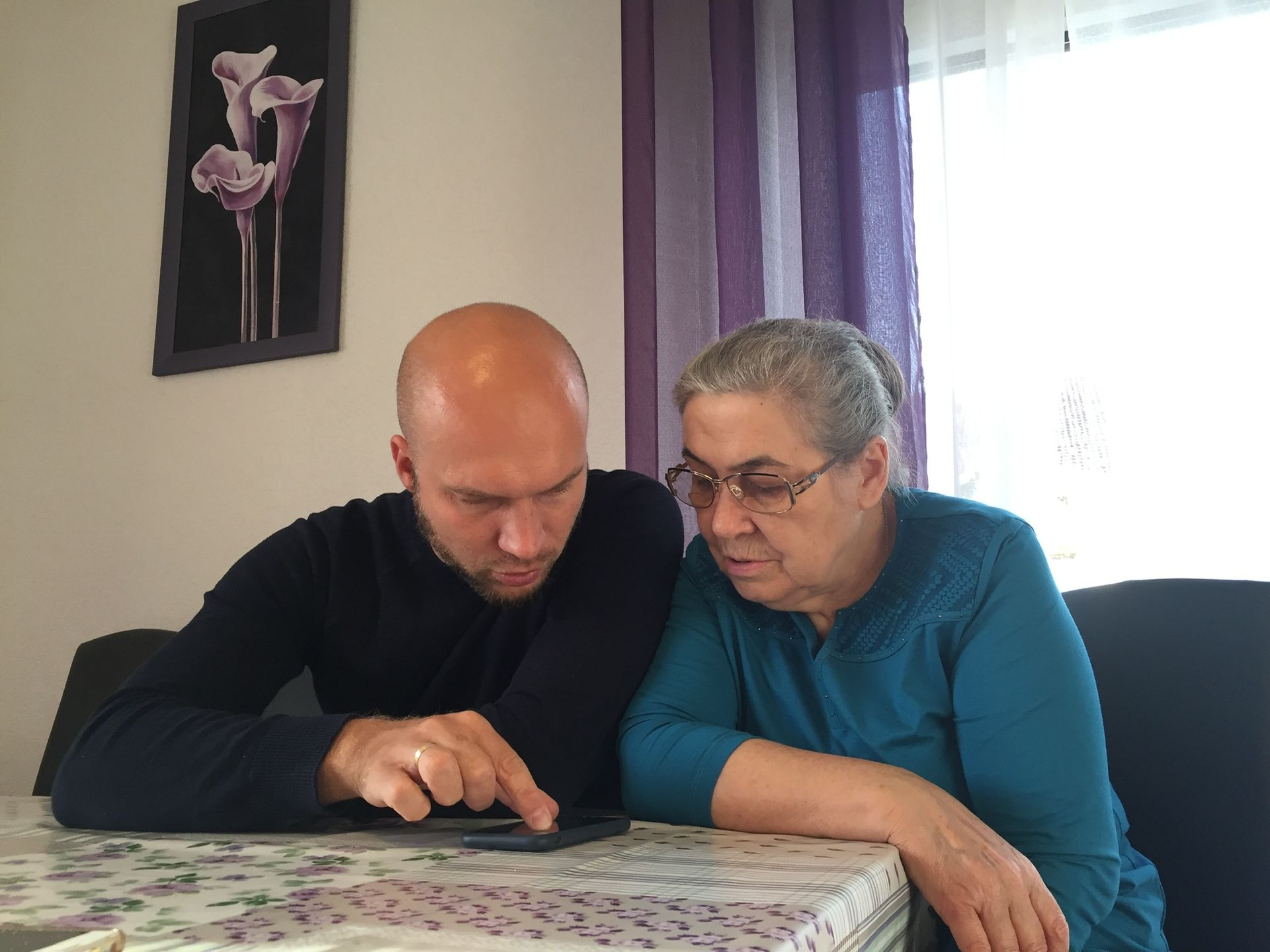
But anyone who has ever lived in a shared apartment knows: living together in close quarters requires a lot of compromises. The more flexible we are, the more relaxed we appear. This is not always easy for us. Especially with children. When we have their (perceived) needs in mind, we are sometimes limited and say no to suggestions or can't adapt to the rhythm of our hosts. But it's about more than just breakfast habits or shower times. Do I think that life can only be lived the way I live it, or do I allow the other person and myself to do it differently?

Sometimes, that sounds too demanding. Why intrude into someone else's life and constantly challenge yourself? Why balance on a slackline when you could sit on the safe grass? Because it's worth taking the leap onto the rope. Those who dare can experience deep and lasting connections. They can discover themselves in a completely new way and experience relationships in action. The break from everyday life, the festive and exclusive nature that a guest visit sometimes brings, is an opportunity to pause in the routine and give thoughts room to linger and transform.
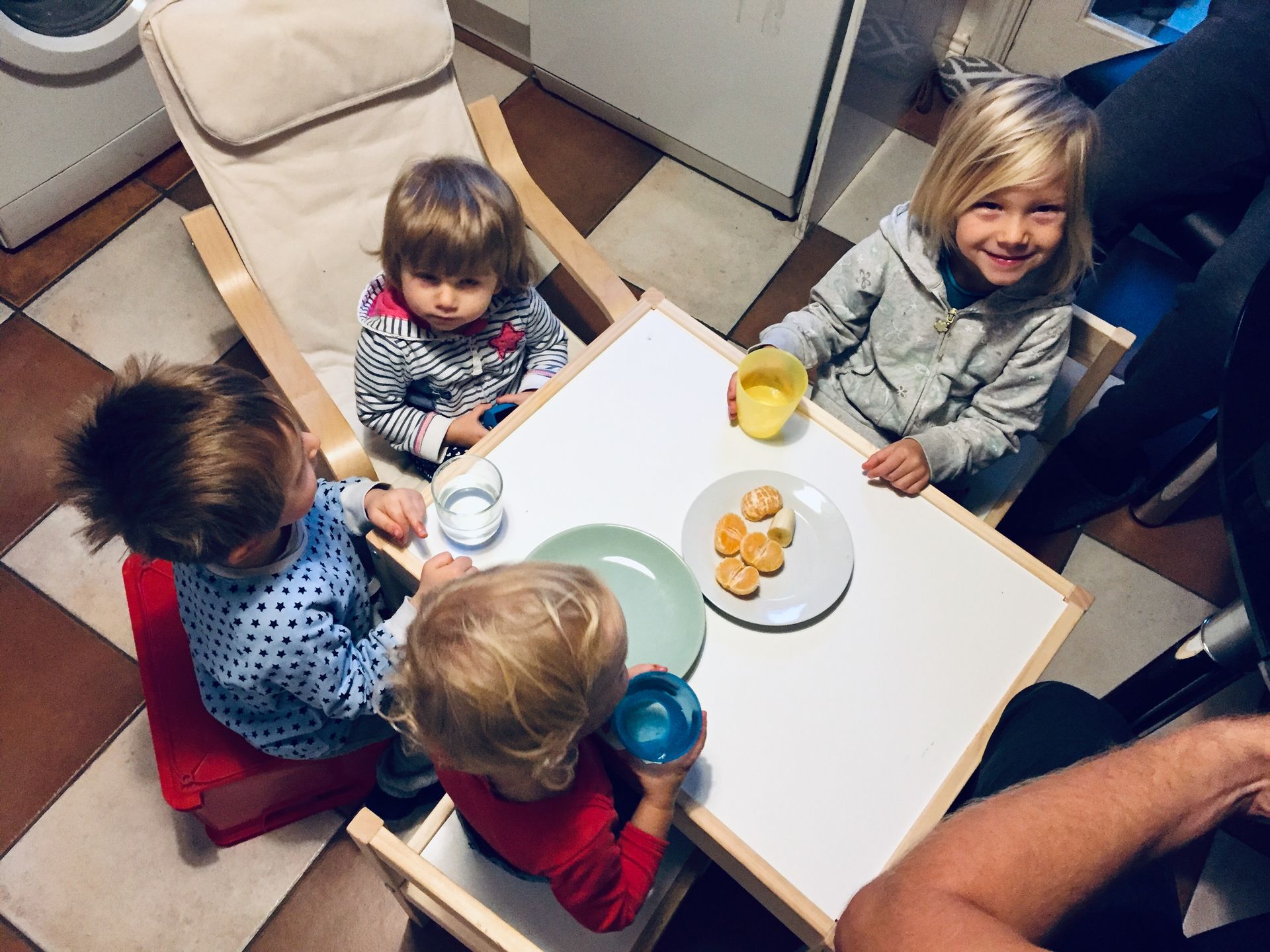
Last week, we were staying with a family we didn't even know. Although they seemed super uncomplicated and had a lot in common with us, we felt out of place in their huge new house. But as our hosts took the time in the evenings to chat with us, that feeling disappeared. We discussed, chatted, and philosophized until late into the night, evening after evening. These moments, when time stands still and everyday life fades into the background, cannot be planned and cannot be forced. But they are worth it.
Мэдээллийн товхимолд бүртгүүлнэ үү
Хариулт (1)
Lu
Schöne Gedanken 🤗
Ирланд аяллын тайлан


